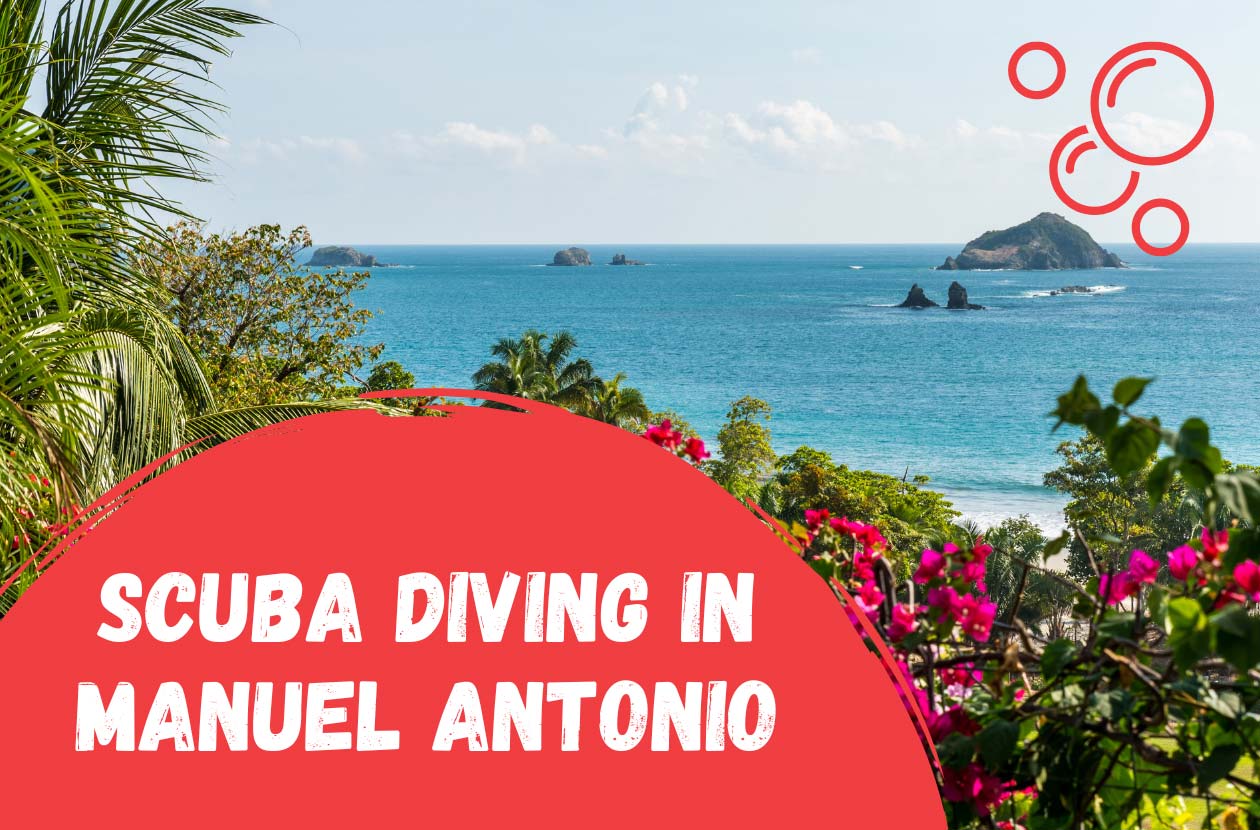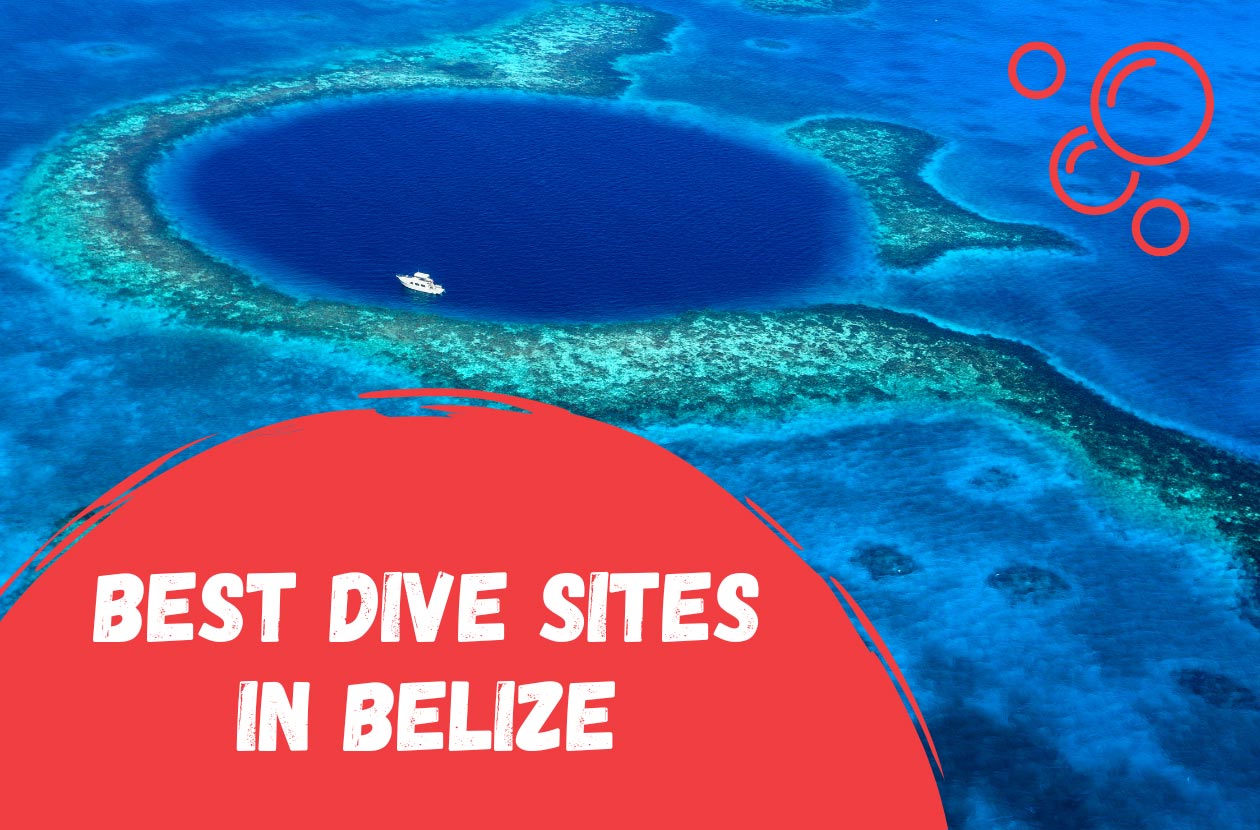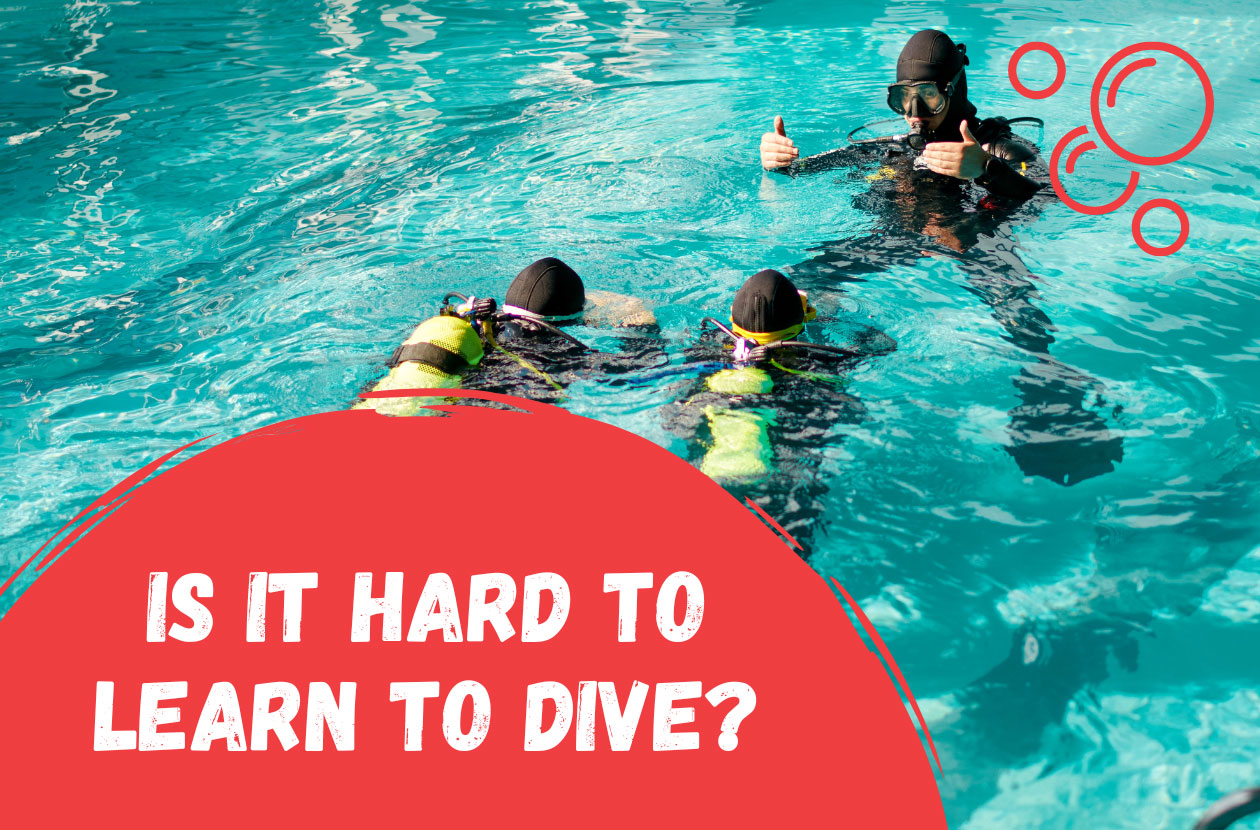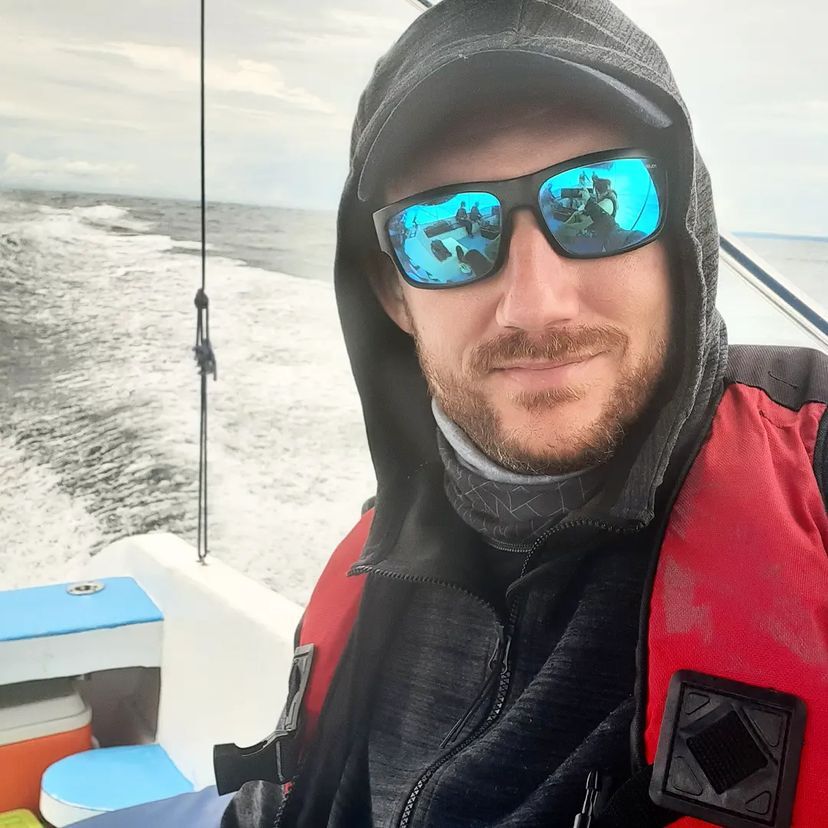Thinking about buying diving insurance before your next trip? If you’re reading this blog post, you’re probably planning to dive and wondering if you already have everything you need. But before you strap on your fins and plunge into the depths of the ocean, let’s talk about something important – dive insurance. I know what you might be thinking right now, “Insurance? Do I really need it?” Well, my friend, hold on, because today we’re going to explore the depths of dive insurance and find out whether it’s a necessity or just another expense. So grab a cup of coffee and let’s delve into this topic.
Table of Contents
Understanding Diving Insurance
What exactly is dive insurance? Well, it’s like a safety net for diving enthusiasts, providing protection in case of any mishaps during underwater escapades. Think of it as your diving guardian angel, ready to step in and extend a helping hand when something goes wrong. Is it worth having it? For me the answer is clear, but of course you may have a different opinion….
Now, when it comes to dive insurance, there’s one name that keeps floating around – DAN Insurance. DAN, short for Divers Alert Network, is a reputable organization that offers specialized insurance plans tailored specifically for divers. They’ve been around for years, and their experience and knowledge in the diving community make them a trusted source of information on dive insurance.

Why isn’t regular travel insurance enough?
You may now be thinking that you don’t need additional dive insurance because you’ve already bought travel insurance, which advertisements have convinced you will cover everything and everywhere for a small fee. So can’t you just use your regular insurance in case of an emergency? Well… I don’t want to be fatalistic, but let me enlighten you. Insurance companies are not charities. They run a profit-driven business.
This means that their goal is to sell insurance, not to pay out compensation or coverage. If this surprises you, you should also know that Santa Claus does not exist… The insurance policy is usually written in such a way that in the event of an accident, the insurance company can somehow get out of paying. The most common way is to prove that the activity that led to the accident was not covered by insurance. For example, if you have it written in your policy that the insurance covers “aquatic activity,” this rarely means scuba diving.
If something is not written, it does not exist
Any insurance must be clearly described and include the General Conditions of Insurance. This is a document that explains in detail what the insurance is about, what is covered, what to do in the event of an accident and, finally, what amounts are included to cover damage or treatment. If something is not written in these terms and conditions, insurance will not cover it. In this case, the principle of conjecture or extrapolation does not work. Either something is written down or it doesn’t exist. If insurance is to cover diving accidents, it must include this in its terms and conditions. What type of diving, to what depth, in what area, etc.
Let me give you an example from my life. While living in Thailand, I got sick with Dengue fever. It’s really not fun and you feel like a zoombie. And although I was very lucky, my case required hospitalization. The hospital on Koh Samui Island was very comfortable and pleasant, even luxurious. This was unfortunately reflected in the bill I was given. For a 7-day hospital stay, the bill amounted to several thousand dollars.
I wasn’t too worried because, after all, I had good insurance. My heart stopped when I read all the points of the insurance terms and conditions. The insurance did indeed cover medical expenses related to infectious diseases, but …. insurance excluded all diseases for which there were widely accepted vaccines. This meant that if there was a vaccine, you had the option to protect yourself, but at your own risk you did not do so. Fortunately for me, at that time there was no vaccine for Dengue.
Diving accidents and the cost of treatment
Diving is generally considered safe, but still comes with its own unique set of risks. This is where dedicated dive insurance comes into play. It’s designed to cover specific diving-related incidents that ordinary insurance may overlook. From decompression sickness to dive gear theft, these policies have got you covered when the underwater unexpected happens. And what can happen during a dive?
Decompression Sickness (DCS)
Imagine you’re exploring a vibrant coral reef, and suddenly you feel an intense pain in your joints. You might be experiencing DCS, commonly known as “the bends”. Treatment for DCS can involve hyperbaric chamber sessions, which can cost anywhere from a few hundred to several thousand dollars. Having diving insurance can help ease the financial burden of such unexpected medical expenses.

Dive-Related Injuries
Let’s say you accidentally brush against a venomous creature like a lionfish or step on a sharp coral reef. These injuries can lead to infections, which might require medical attention, including wound cleaning, antibiotics, and follow-up care. The costs associated with treating these injuries can quickly add up, making diving insurance a valuable investment.
Benefits of Diving Insurance
Emergency Medical Coverage: Diving insurance provides coverage for emergency medical expenses related to diving accidents. This includes hospitalization, physician fees, medications, and necessary medical procedures.
Dive Equipment Protection: Diving gear doesn’t come cheap, and accidents can happen, like a misplaced fin or a flooded camera. Diving insurance often covers the cost of repairing or replacing your dive equipment, saving you from a significant financial setback.
Trip Interruption or Cancellation: Imagine you’ve booked a dream dive vacation, but an unforeseen event forces you to cancel or cut short your trip. Diving insurance can help reimburse your non-refundable expenses, such as flights, accommodation, and dive packages, giving you peace of mind.
Travel Assistance: Getting into trouble far from home can be daunting. Luckily, diving insurance often includes travel assistance services, such as emergency evacuation or repatriation, to ensure you receive the necessary care and transport back home if required.
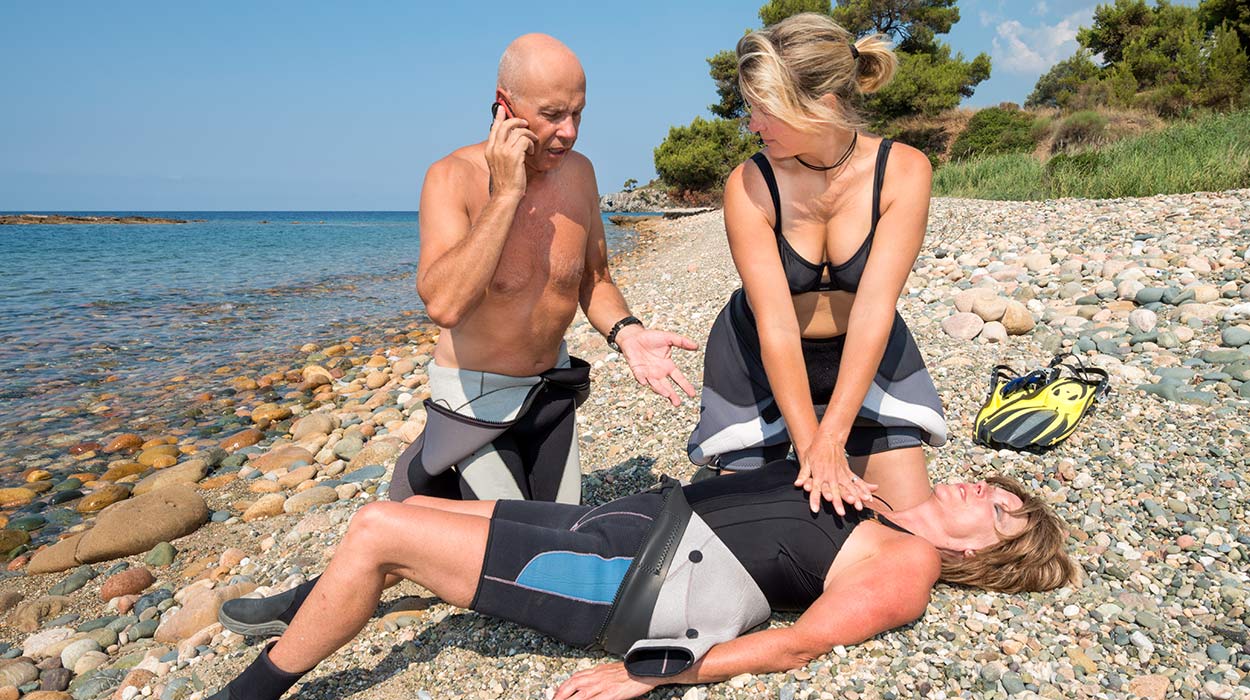
Diving insurance options
Now that we’ve established the importance of diving insurance, let’s explore the various coverage options available. When choosing a diving insurance plan, here are a few factors to consider:
-
Depth Limits: Different policies may have varying depth limits, so ensure the plan you choose aligns with your diving preferences. Some policies may exclude coverage for deep technical dives or dives beyond recreational limits.
-
Geographic Coverage: If you’re planning to explore remote diving destinations, make sure your insurance provides coverage in those regions. Some policies may have restrictions or exclusions for certain locations.
-
Additional Coverage: Consider your specific needs and preferences. Do you want coverage for underwater photography equipment? Do you need coverage for dive training or professional activities? Check if the policy offers any additional coverage options that suit your diving lifestyle.
-
Pre-Existing Medical Conditions: If you have any pre-existing medical conditions, it’s crucial to understand how they might affect your coverage. Some policies may exclude coverage for certain conditions or require additional medical assessments.
Free dive insurance on the course
If you are still thinking about doing a scuba diving course, it is worth looking around for a good dive center. Without false modesty, I will say that ours is one of them, as we cover all our students with additional protection and diving insurance for the duration of the course. You can check out the details here: Dive Accident Assistance.
Scuba Diving insurance – let’s recap
So, dear fellow divers, after this deep dive into the world of diving insurance, what is the verdict? Is it necessary? Well, ultimately it depends on individual circumstances, risk tolerance and diving habits. While dive insurance may seem like an additional expense, it provides valuable protection and peace of mind as you explore underwater wonders.
Remember that accidents can happen to anyone, even the most experienced divers. Investing in dive insurance, such as the specialized plans offered by DAN Insurance, can ensure that you are financially prepared for any unexpected challenges that may arise during your underwater adventures.
So before you head out on your next dive, take a moment to consider the benefits of dive insurance. Your underwater experience will be more enjoyable knowing that you have a safety net beneath the waves, ready to support you when you need it most. Now go and explore the mesmerizing depths, my fellow adventurers, and be safe out there! Have a successful dive!



